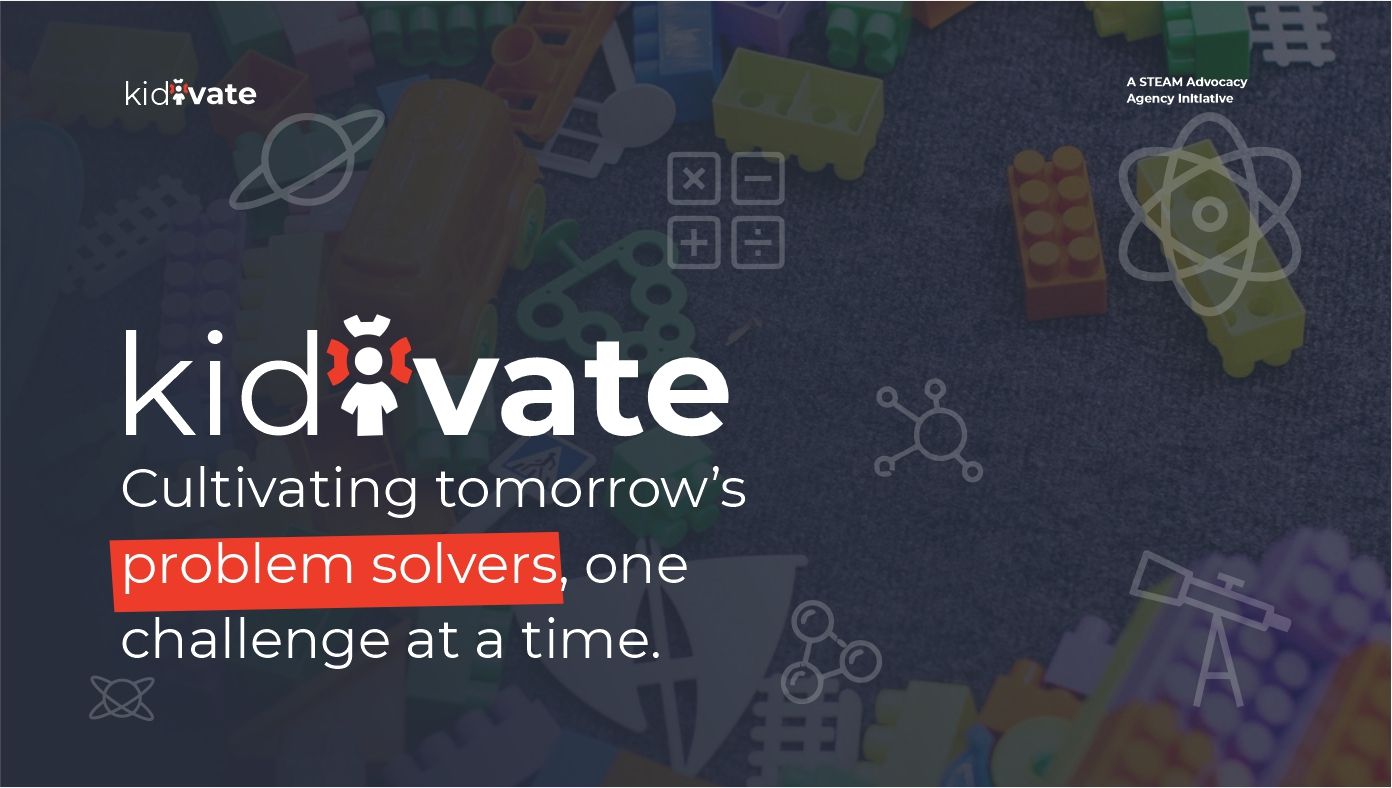In March 2017, I was quite privileged to participate in the finals of the IREX World Smarts STEM Challenge in Washington DC. This is a privilege I haven't taken lightly and I've tried to glean every possible lesson I can from it.
As part of the visit to the United States, my teammates and I were fortunate to visit Qualcomm's thinkabit lab in Virginia Tech. The few hours in the labs have proven to be one of the biggest moments in my life.
At the lab, my teammates and I were given a little introduction to problem-solving and prototype building, and we were presented with all the tools we needed to bring any ideas we had into reality. We were given the opportunity and resources, our responsibility was to explore.
An hour or so passed, and most of us had not touched a single item. We were still waiting for instructions on what to do next. Our counterparts from the United States were however busy building things and exploring along the way.
Each day since then, I've kept asking myself: "What on earth was wrong with us?". We had built a high-quality working prototype of a mat that converted footsteps into electricity yet we genuinely didn't know what to do. We had been presented with a new reality that we couldn't even grasp in its entirety.
Back in our SHS science labs, there's an instruction we're always given even before we enter any lab. We are warned not to touch anything. "If anything breaks, you pay 4 times the amount it cost to buy it".
How then were we supposed to touch things in a lab that was far away from our home? Ironically too, we were told upon our entry to the thinkabit lab to "break anything we want, because there were more supplies on the shelves".
The focus at the thinkabit lab was on exploration and not monotony.
This is the problem we are trying to tackle with Kidivate! In our experience, we knew various scientific principles, but applying what we knew in the real world was where we faced challenges.

Kidivate is our attempt to tap into the creativity of Ghanaian kids and help them to relate the STEM they learn to their everyday lives.
We plan to do this by providing an array of STEM learning kits that enhances a passion for STEM in children. Our firm belief is in the fact that every Ghanaian child is innately wired with creativity and ingenuity, and that spurs us on to create challenges that take advantage of their problem-solving skills.
We want to raise kids who would not be scared to break stuff to build new and better things. We want the next generation of children to know what to do if presented with an opportunity like we were.
We want to build that curiosity in them. We want to teach them how to ask questions. We want them to question their environments and try to have an understanding of what is around them. We want to push them to Start thinking, right from their childhood.
It is critical to nurture tomorrow's STEM specialists today. We believe that by intentionally engaging more students in STEM, we are better preparing the next generation of researchers, scientists, and problem-solvers to address issues that have long plagued the country. This is the foundation of my passion for STEM Education.
